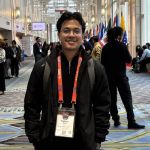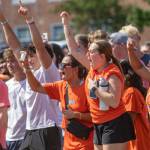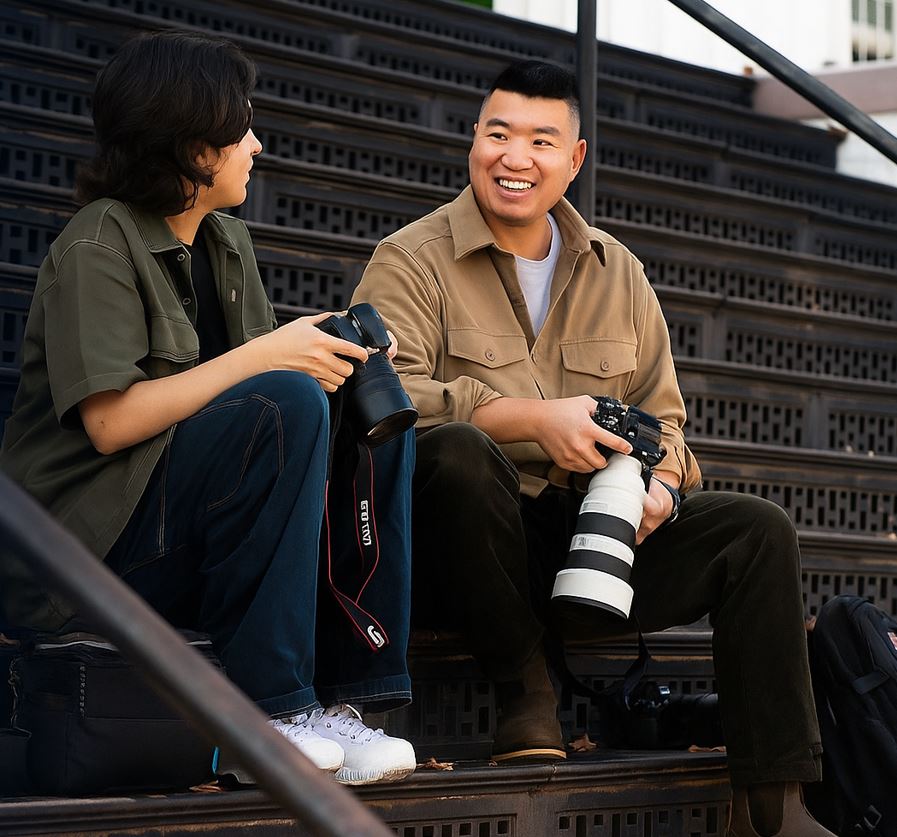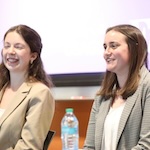
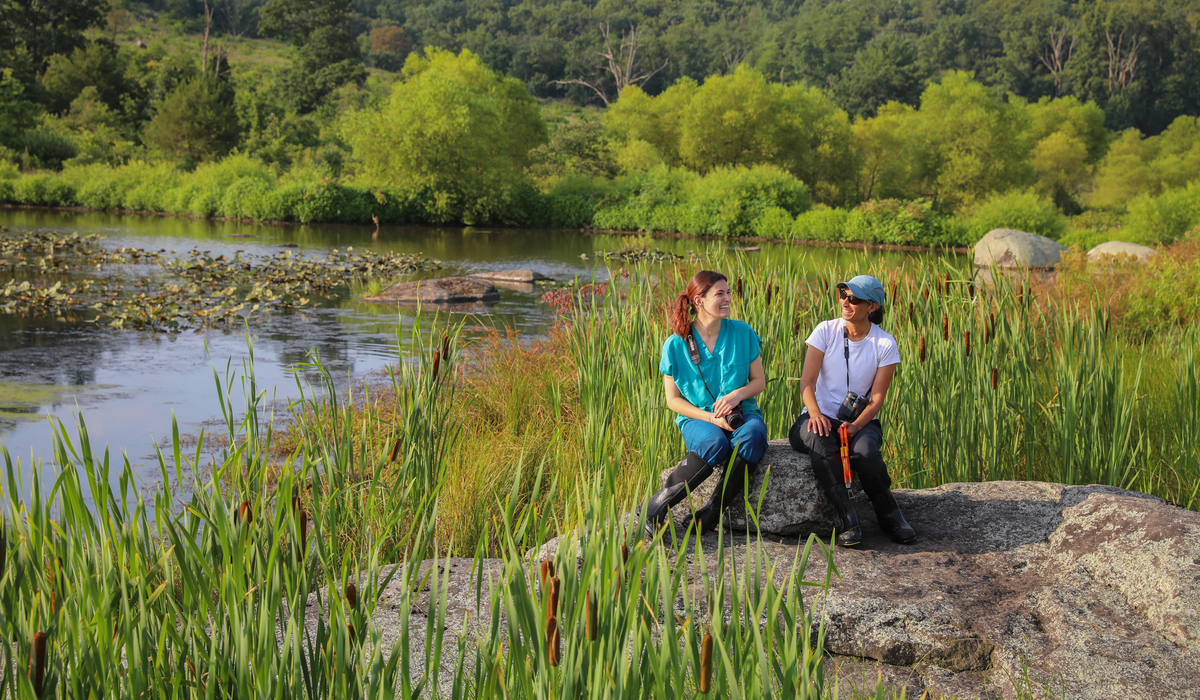
At Gettysburg College, learning means doing. Throughout the year, our students pursue countless hands-on opportunities that build the enduring skills graduate schools and employers look for in college graduates.
From dynamic fellowships and internships to student-faculty research, experiential learning at Gettysburg College abounds in our classrooms, laboratories, recital halls, and immersive locations, such as nearby Washington, D.C.
Explore seven ways our students are cultivating career-ready skills:
On this page:
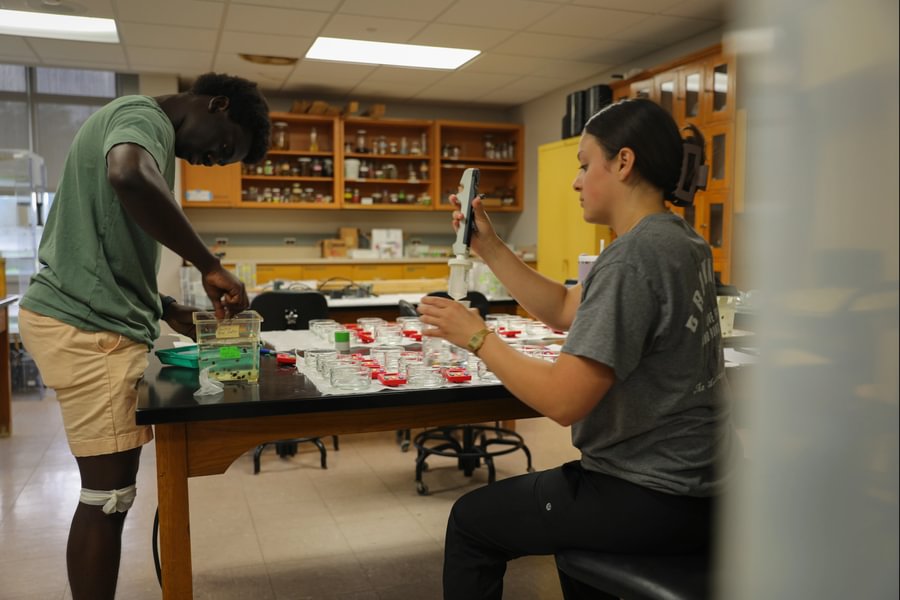
Adaptability in the lab
Throughout the year, Gettysburg students conduct research with faculty members. Some of this research takes place each summer as part of the Cross-Disciplinary Science Institute (X-SIG) at Gettysburg. Working together, students and faculty explore science’s most pressing questions by investigating topics across multiple scientific disciplines.
Biology Prof. Peter Fong believes that these hands-on research experiences require students to adapt to working in new lab situations and with people from various academic backgrounds or cultures they may not have interacted with before.
“I tell my research students that I want them to do two things when working with me,” he said, “learn something new and have fun doing biology.”
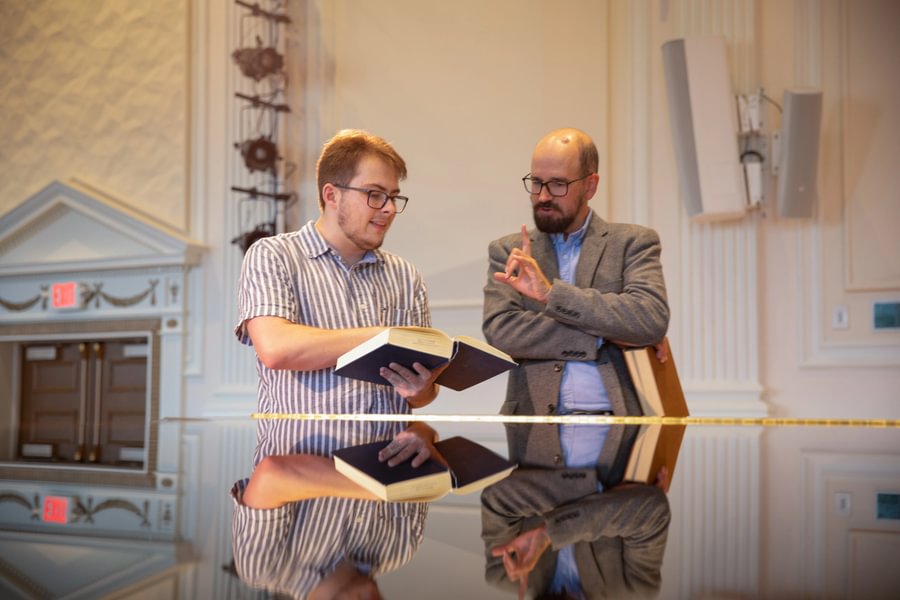
Communication through music
Last summer, Sunderman Conservatory of Music Prof. Bill O’Hara worked with Kolbe Research Fellow Aris Corman-O’Reilly ’27, who analyzed the music of Hungarian composer Béla Bartók (1881-1945). Corman-O’Reilly delved into the nuances of one of Bartók’s piano pieces to learn more about Bartók’s musical life.
“Aris learned a lot about wading through published research literature, parsing through the multi-volume, thousand-plus page treatise that Bartok wrote about Romanian music, and learning how to clearly express complicated ideas through diagrams,” O’Hara said. “I think this was an interesting challenge in communication. In a lot of ways, music theory is a combination of prose and clear data visualization!”
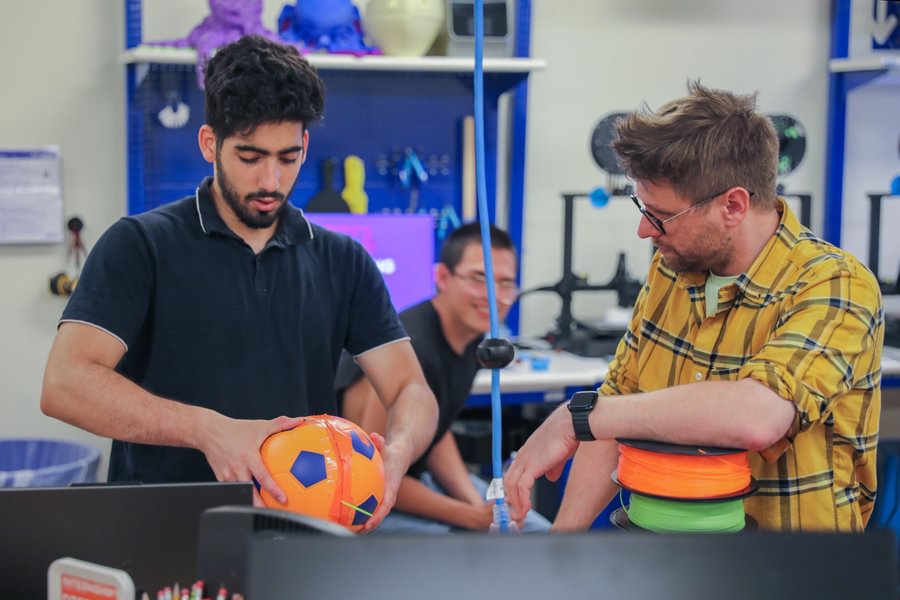
Creativity in design
The Digital Technology Summer Fellowship (DTSF) is a competitive, eight-week, paid internship that enables students from any major to propose a project they would like to work on. No previous experience is required. The only prerequisite is that the project has to relate to digital technology in some way.
“During the internship, students learn project management skills, how to use the design thinking process, and, most importantly, critical skills like collaboration, adaptability, creative problem solving, communication, and empathy, while gaining the knowledge and skills to create something with their hands,” said Josh Wagner, manager of The Rogers Center for Innovation and Creativity at Gettysburg College.
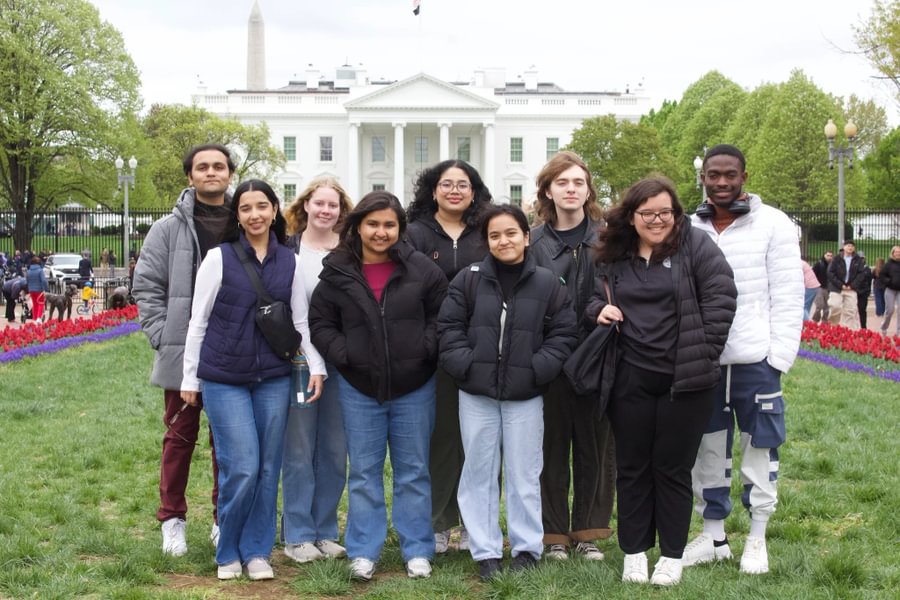
Intercultural fluency in Washington, D.C.
The Washington Summer Fellowship enables our students to explore leadership and service through Gettysburg College’s Eisenhower Institute (EI). Through the Washington Summer Fellowship program, students secure key internships in the Washington, D.C., area while learning about policy and government. Weekly seminars, field trips, and career exploration opportunities give Washington Summer Fellows the chance to learn more about policymaking while building intercultural fluency.
“Washington is our nation’s capital, but it’s also a hub of international influence. As interns, our Summer Fellows work side-by-side with practitioners advancing diplomacy, human rights, politics, and key policy issues on a world stage,” said Tracie Potts, executive director of the Eisenhower Institute at Gettysburg College. “Each week, we bring policy leaders to the Institute who show our students how to engage with diverse cultures and communities here and abroad.”
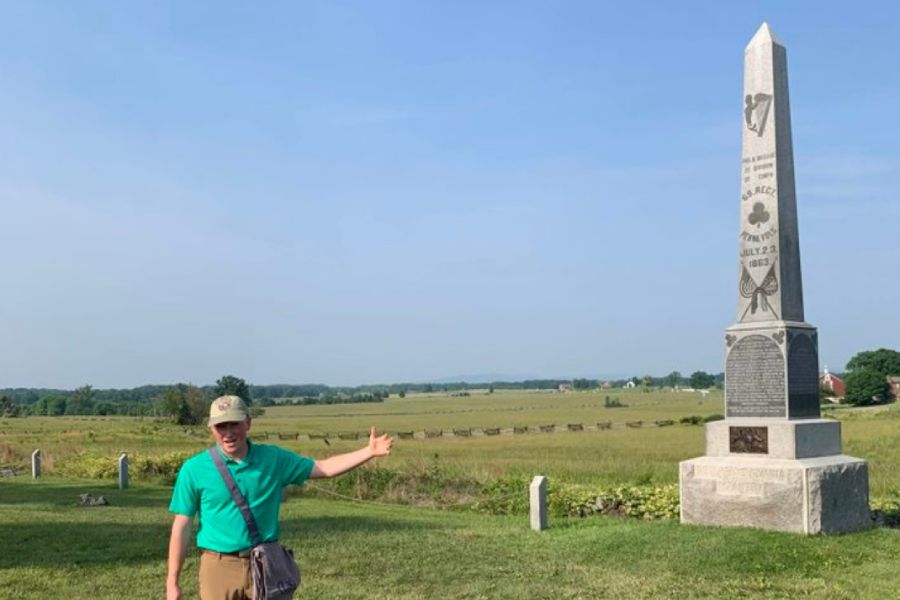
Leadership on the battlefield
Patrick Schubert ’27, a history major and double minor in Civil War Era studies and public history, served as a Brian C. Pohanka intern at Manassas National Battlefield Park in 2024 and at Gettysburg National Military Park (GNMP) this year. Through his GNMP internship, Schubert developed leadership skills by conducting public interpretive programs in collaboration with his National Park Service colleagues. Schubert also stepped up to fill in during busy periods of visitation at the park.
“This internship prepared me for my dream of becoming a park ranger because of the leadership and team-building skills I developed throughout the summer,” he said. “I communicated with the park’s law enforcement and maintenance divisions to ensure a safe, enjoyable park experience for visitors.”
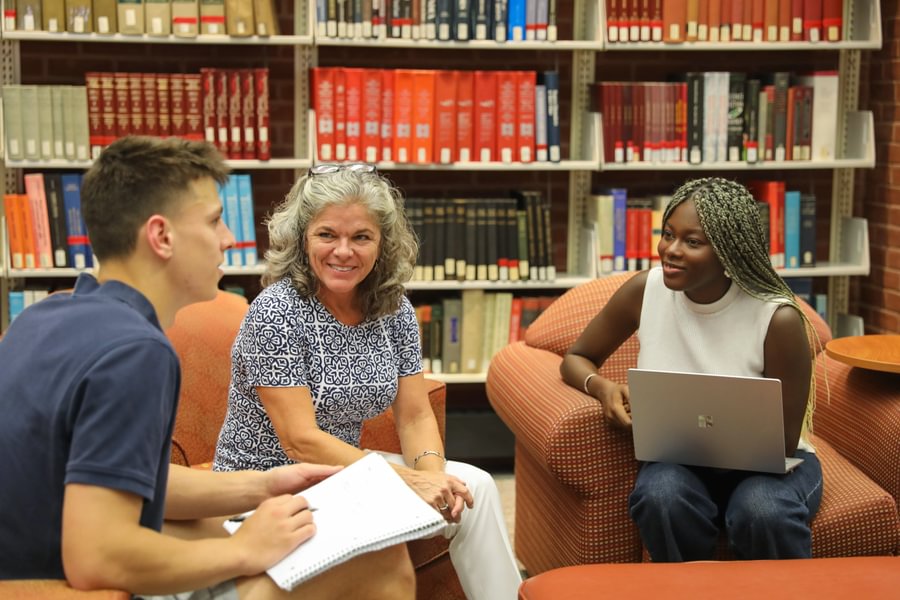
Problem solving for court
Last summer, Kolbe Research Fellow Fatou Ndiaye ’27, a public policy and mathematical economics double major, and Josh Herr ’28, a history and public policy double major, worked with Public Policy Chair and Public Health Policy Co-Chair Anne S. Douds on research about veterans’ treatment courts across Pennsylvania.
Ndiaye said that one of the most significant challenges she and Herr encountered was contacting rural courts to arrange interviews for their research. “To make it work, I had to get creative,” she said. “I reached out to friends with connections in those areas, found people willing to share local insights, and used every resource I had on campus to make contact. That experience really strengthened my problem-solving skills. It taught me how to think beyond traditional methods, stay resourceful under pressure, and rely on collaboration to overcome obstacles.”
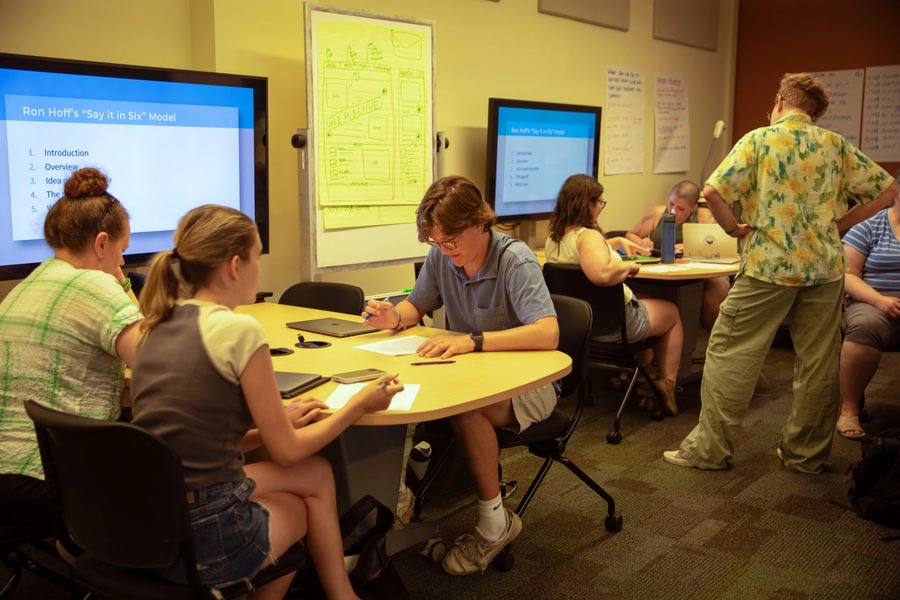
Teamwork in research and analysis
Each summer, Musselman Library offers its Digital Humanities Fellowship. During the experience, Fellows learn to apply digital resources to a public-facing project. Over the summer, the Fellows build websites, create data visualizations, and experiment with digital tools.
“In the library’s Digital Humanities Fellowship, we emphasize from day one that Digital Humanities is collaborative by nature,” said Digital Initiatives Librarian R.C. Miessler, who oversees the Digital Humanities Fellowship. While each student works on an independent project, participants also meet regularly as a cohort of Fellows and librarians to discuss the Digital Humanities and learn about digital methods and tools.
“The fellowship culminates in a digital project and presentation, but we want them to come away with a sense that they are better equipped to use and interrogate technology, to try things, and to fail,” he said. “To do this as a group, we grow together, can lean on each other, share our frustrations, and laugh a lot.”
Build the enduring skills that employers want and that our world needs at Gettysburg College.
Related Links:
External Links:
By Michael Vyskocil
Photos by Diptiman Das ’27, unless otherwise noted
Posted: 11/05/25
